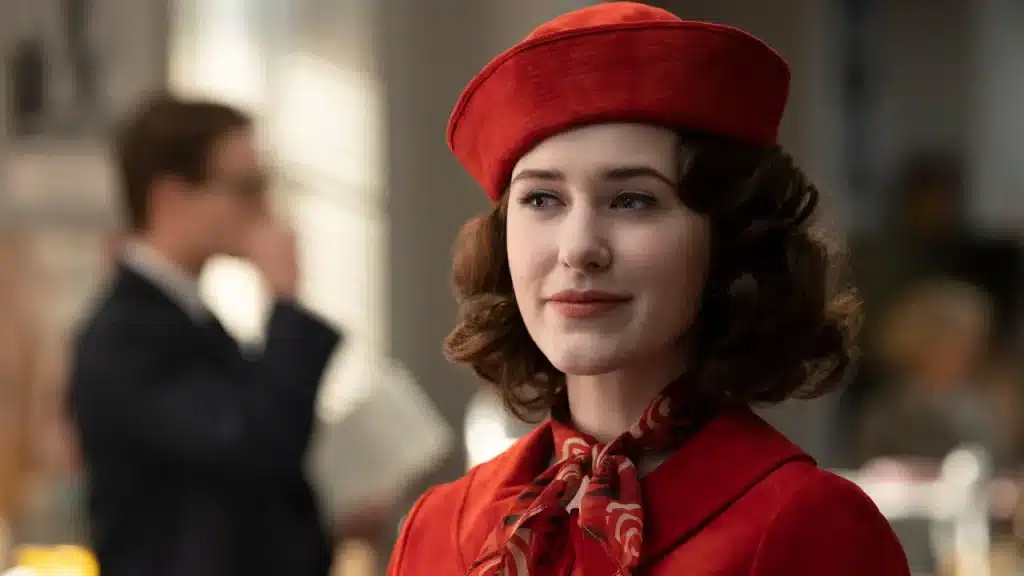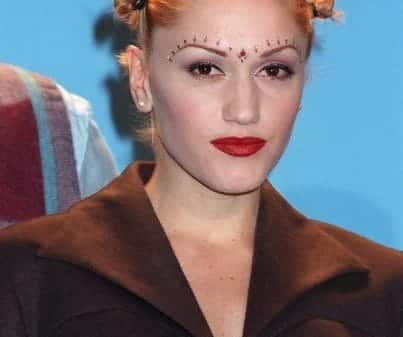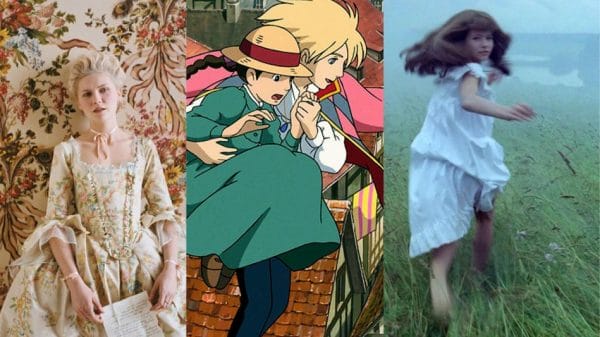“The Marvelous Mrs. Maisel” concluded its run by focusing on the central relationship between Midge Maisel (Rachel Brosnahan) and her agent Susie (Alex Borstein). After a series of flash-forwards and a rift between them, the final season brought them back together in the future, sharing laughter and banter like an old married couple. Both Midge and Susie emerged victorious in the comedy world, having overcome challenges and achieving success.
The show’s final sequence took place in 2005, 40 years after Midge had her breakthrough moment on “The Gordon Ford Show,” which paralleled the significance of appearing on late-night comedy shows during that time. Midge took a risk by performing her standup routine instead of working as one of the show’s writers, and her bold move paid off as she received applause from the host and the audience but was promptly fired.
This conclusion provided a fitting end to the series, which had its ups and downs since its critically acclaimed first season. While Midge and Susie found success, the show also highlighted the professional decline of Lenny Bruce (Luke Kirby), a real-life figure who was a part of Midge’s world.
Although Midge’s journey towards stardom and the exploration of her relationships with her ex-husband and children provided a satisfying conclusion, the heart of the show was truly evident in the final moments when Midge and Susie shared a laugh. The choice of the song “Girls Talk” during the closing credits added to the emotional impact.
Throughout the series, Midge faced adversity and sexism, including being the only female writer on the Ford show. While the show occasionally indulged in over-the-top portrayals of Midge’s parents and in-laws, its understanding of the show-business world of that era remained one of its strengths. The use of real-life figures like Jack Paar added depth to the story.
While “The Marvelous Mrs. Maisel” played a significant role in establishing Amazon’s original programming, the last season revealed that it didn’t consistently live up to its initial promise. However, series creator Amy Sherman-Palladino ended the show with a light touch that suited its overall tone, and the ending didn’t feel premature.














